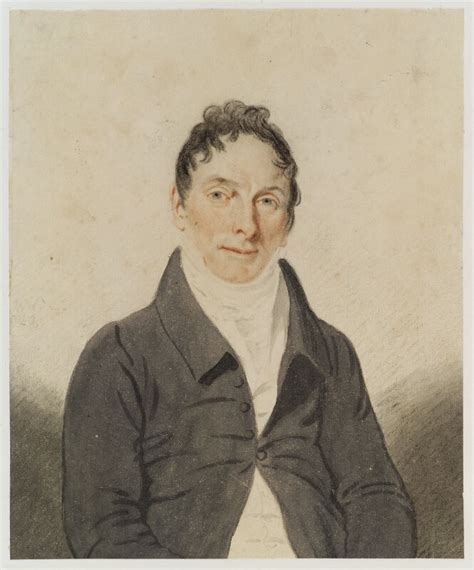A Quote by W. Somerset Maugham
An author spends months writing a book, and maybe puts his heart's blood into it, and then it lies about unread till the reader has nothing else in the world to do.
Related Quotes
You've got to be a good reader. So whatever genre that you're interested in, read a lot of books about it and it's better than any kind of writing class you'll ever take. You will absorb techniques and then in a lot of cases you can just start writing using the style of the book or the author that you admire and then your own style will emerge out of that. Be a diligent reader and then try to write seriously, professionally and approach everything in writing in a professional way.
He is no true reader who has not experienced the reproachful fascination of the great shelves of unread books, of the libraries at night of which Borges is the fabulist. He is no reader who has not heard, in his inward ear, the call of the hundreds of thousands, of the millions of volumes which stand in the stacks of the British Library asking to be read. For there is in each book a gamble against oblivion, a wager against silence, which can be won only when the book is opened again (but in contrast to man, the book can wait centuries for the hazard of resurrection.)
Authors have a greater right than any copyright, though it is generally unacknowledged or disregarded. They have a right to the reader's civility. There are favorable hours for reading a book, as for writing it, and to these the author has a claim. Yet many people think that when they buy a book they buy with it the right to abuse the author.
Tis the good reader that makes the good book; in every book he finds passages which seem confidences or asides hidden from all else and unmistakenly meant for his ear; the profit of books is according to the sensibility of the reader; the profoundest thought or passion sleeps as in a mine, until it is discovered by an equal mind and heart.
When a man spends his own money to buy something for himself, he is very careful about how much he spends and how he spends it. When a man spends his own money to buy something for someone else, he is still very careful about how much he spends, but somewhat less what he spends it on. When a man spends someone else's money to buy something for himself, he is very careful about what he buys, but doesn't care at all how much he spends. And when a man spends someone else's money on someone else, he does't care how much he spends or what he spends it on. And that's government for you.
A book is one of the most patient of all man's inventions. Centuries mean nothing to a well-made book. It awaits its destined reader, come when he may, with eager hand and seeing eye. Then occurs one of the great examples of union, that of a man with a book, pleasurable, sometimes fruitful, potentially world-changing, simple; and in a library...witho ut cost to the reader.





































